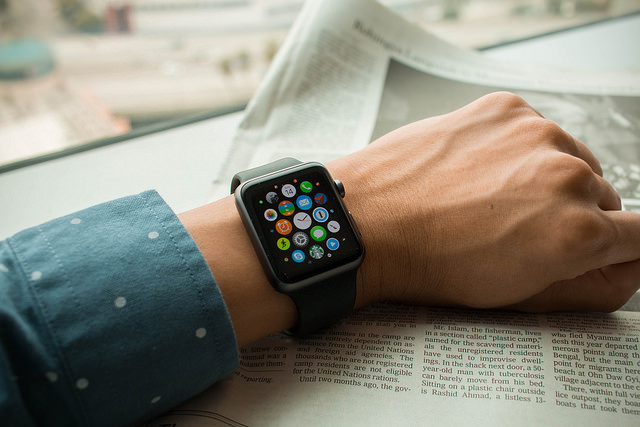
Remember earlier this year when Apple released the iWatch?
What's that you say? There's no such thing as an iWatch?
Don't tell that to Irish software studio Probendi, which owns a trademark on iWatch, and has filed a petition with a court in Milan saying that Apple is in violation of it, according to Bloomberg.
Apple hasn't ever had an "iWatch," but the company does pay for Google ads, so that when misinformed users type "iWatch" into that popular search engine, they see ads for the Apple Watch.
That's a no-no, according to Probendi. "Apple has systematically used iWatch wording on the Google search engine in order to direct customers to its own website, advertising Apple Watch," the company wrote in its legal petition.
The practice that Probendi is objecting to is utterly commonplace, both in Europe and the US. Buying ads keyed to others' trademarks has become the norm in search advertising, despite the numerous lawsuits the practice produced over the years. Most notably, cases were brought against Google by Geico, Rosetta Stone, and American Airlines, among others. While some companies got irked by others buying ads keyed to their names, none of them succeeded in getting a judgment against Google in court.
Probendi doesn't have a product called the "iWatch" either, although it's working on a smartwatch by that name, said company co-founder Daniele DiSalvo. He said the watch, which is currently "in standby," will run on the Android platform.
The company's website, which put its legal petition front-and-center in the "News" section, says it has held the iWatch trademark in the European Union since 2008.
Probendi commissioned a report on its iWatch trademark, and its value was clocked in at $97 million.
The iWatch petition was filed on June 26, and reported by Bloomberg earlier today. There's a hearing in the case scheduled for November 11.
reader comments
95